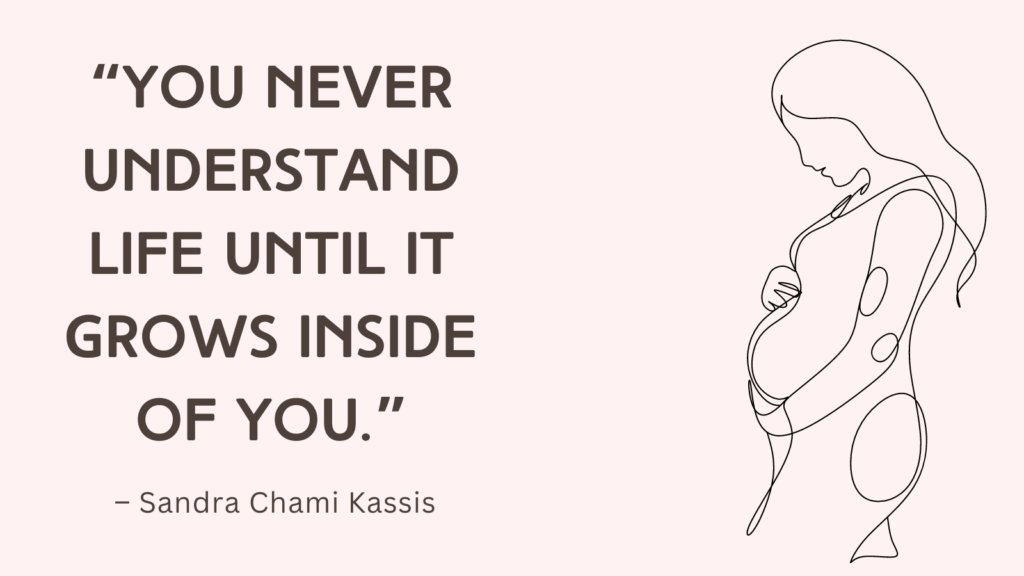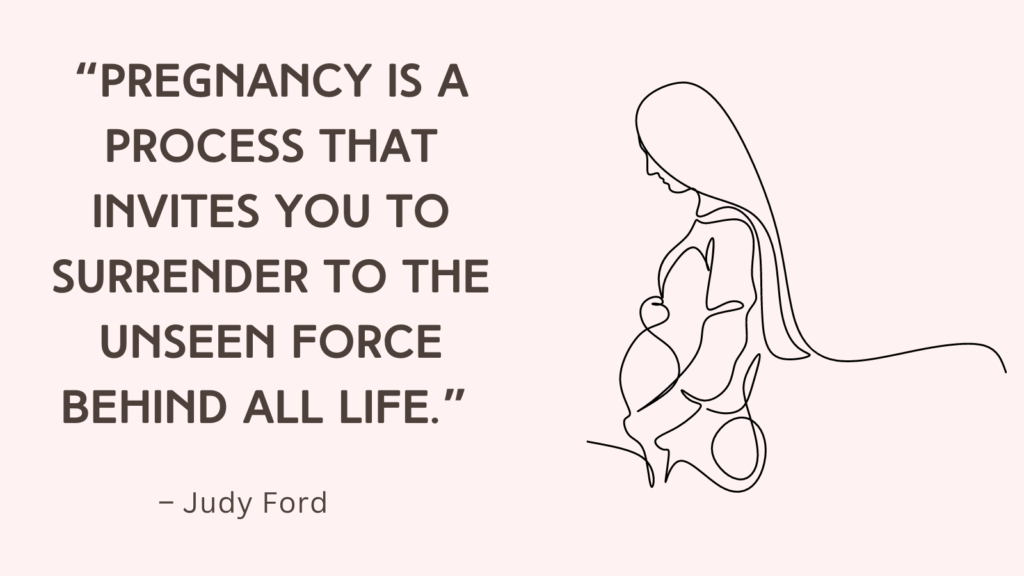Increased nausea, food aversions, bloating, and rapid hormonal changes.
By now, you might be feeling the full effects of pregnancy symptoms, and your baby is growing at an incredible pace.
This is a crucial period of development, as your little one’s brain, heart, and body are forming rapidly.
Let’s dive into what’s happening to your baby, your body, and how to manage symptoms at 7 weeks pregnant.
What’s Happening to Your Baby?
At 7 weeks, your baby has grown from the size of a lentil to about the size of a blueberry (7-9mm long). While still tiny, major developments are happening:
Heart Development: The baby’s heart is fully formed and beating at about 150-180 beats per minute—about twice as fast as yours!
Brain & Nervous System Growth: The brain is growing rapidly, and nerve cells are forming connections.
Facial Features Take Shape: The baby’s eyes, nose, and mouth are becoming more defined.
Arms & Legs Begin to Grow: Tiny paddle-like hands and feet are starting to develop.
Umbilical Cord Is Functioning: The placenta and umbilical cord are now working to supply oxygen and nutrients.
What’s Happening to Your Body?
At 7 weeks pregnant, your body is adjusting to rapidly increasing pregnancy hormones like hCG, progesterone, and estrogen. This means your symptoms may feel stronger than before.
Common Symptoms at 7 Weeks Pregnant
Morning Sickness – Nausea and vomiting can be intense at this stage.
Extreme Fatigue – Your body is working hard, and progesterone can make you extra sleepy.
Frequent Urination – Your kidneys are filtering extra blood, making you pee more often.
Breast Tenderness – Your breasts may feel fuller, heavier, and more sensitive.
Food Aversions & Cravings – Some foods may smell or taste unpleasant, while others seem irresistible.
Increased Sense of Smell – You might notice heightened sensitivity to odors, which can trigger nausea.
Mood Swings – Pregnancy hormones may make you feel more emotional or irritable.
Bloating & Gas – Slow digestion caused by progesterone can make you feel bloated.
Mild Cramping – Your uterus is expanding, which can cause some discomfort.
Excess Saliva – Some women experience an odd symptom called ptyalism, where their mouth produces more saliva than usual.
How to Cope with Week 7 Pregnancy Symptoms
While pregnancy symptoms can be tough, these tips can help you manage them better:
1. Handling Morning Sickness
Eat small, frequent meals – Avoid an empty stomach, as it can worsen nausea.
Keep plain crackers or dry toast by your bedside to eat before getting up.
Try ginger tea or ginger candies – Ginger is a natural anti-nausea remedy.
Stay hydrated – Drink water, electrolyte drinks, or sip lemon-infused water.
Avoid strong smells that trigger nausea.
2. Fighting Fatigue
Prioritize rest – Go to bed earlier and take naps when needed.
Eat iron-rich foods like spinach, lentils, and lean meat to prevent anemia.
Drink plenty of fluids to stay hydrated.
3. Managing Frequent Urination
Drink enough water, but limit fluids before bedtime.
Avoid caffeine, which can make you pee more often.
Completely empty your bladder when using the restroom.
4. Relieving Breast Tenderness
Wear a comfortable, supportive bra (a maternity bra can help).
Avoid sleeping on your stomach if it causes discomfort.
5. Dealing with Mood Swings
Get fresh air and light exercise, such as a short walk or prenatal yoga.
Practice deep breathing or meditation to relax.
Talk to someone – Whether it’s your partner, a friend, or a therapist, sharing your emotions can help.
6. Easing Bloating & Digestion Issues
Eat fiber-rich foods like fruits, veggies, and whole grains.
Avoid gas-producing foods like beans, cabbage, and carbonated drinks.
Eat slowly to reduce bloating.
What Should You Be Doing in Week 7?
Here are important steps to take at this stage:
1. Schedule Your First Prenatal Appointment (If You Haven’t Yet)
Your first prenatal visit is usually between weeks 6-8.
Your doctor may do an ultrasound to confirm the baby’s heartbeat and estimate your due date.
Blood work will check your hormone levels, iron levels, and blood type.
2. Continue Taking Prenatal Vitamins
Make sure you’re getting at least 400-800 mcg of folic acid to help prevent neural tube defects.
A vitamin with DHA and Omega-3s supports baby’s brain and eye development.
3. Eat a Healthy Pregnancy Diet
Include protein, iron, and healthy fats in your meals.
Avoid raw seafood, deli meats, unpasteurized cheese, and too much caffeine.
Stay hydrated – Try to drink at least 8 glasses of water per day.
4. Start Documenting Your Pregnancy
Take weekly bump photos (even if there’s no bump yet—it’s fun to look back on!).
Keep a pregnancy journal to track your symptoms and milestones.
5. Avoid Harmful Substances
No alcohol or smoking—these can harm your baby’s development.
Be mindful of toxins in household cleaning products and skincare—choose pregnancy-safe alternatives.
Final Thoughts
Week 7 is a big milestone in your pregnancy! Your baby’s heart is beating, their tiny limbs are forming, and your body is working hard to support this new life.
While the symptoms can be challenging, remember that this phase is temporary and a sign that your pregnancy is progressing.



